
Ocado is facing a backlash from shareholders over its failure to secure a blockbuster expansion deal. But this was quickly followed by a sell-off as no further details emerged and fears grew it wasn’t the deal first hoped for. Then activist investor Crystal Amber unveiled a £9.4m stake in the online grocer, and led calls for the firm to secure a ‘national’ deal – as opposed to the regional one secured – amid claims of under-performance. (The Daily Mail)
Activist investor Crystal Amber has revealed a stake in Ocado just a day after the online grocer disclosed its first deal abroad, a long-awaited expansion overseas that nevertheless met with a lukewarm reaction in the City. (The Telegraph)
The FT’s Lex column was similarly unconvinced, writing: “Secretive deals invite suspicion. Online grocer Ocado has finally made good on its promise to ink an overseas agreement for its technology, but is keeping nearly every detail under wraps. Name, size, predicted revenue — all left blank. Such reticence, even at the behest of the buyer, suggests this is not the deal to prove Ocado is a global technology company.” (The Financial Times £)
Consumers are finally “feeling the squeeze” of inflation, as businesses and shoppers delay spending decisions before Thursday’s general election and the start of Brexit talks (The Times £). British households are cutting back as the Brexit effect on the pound continues to raise living costs, according to a clutch of reports that show shops, car dealerships and other consumer-facing businesses coming under pressure last month (The Guardian).
The UK’s financial watchdog has closed its investigation into PwC over the Tesco accounting scandal. The Financial Reporting Council has been probing Tesco’s accounts for 2012, 2013 and 2014 for two and a half years (The Telegraph). The Financial Reporting Council justified its decision by saying ‘there is not a realistic prospect’ of a tribunal making an adverse finding against accountants at PwC (The Daily Mail). A person familiar with the inquiry said the FRC had concluded it could not credibly contend that the Big Four firm had failed to ask the right questions, or that its auditors had failed to act appropriately on the information they were given (The Financial Times £).
The FT’s Lombard column suggests the FRC needs to get tougher with auditors. It writes: “What about the FRC and the standard setters, though? Should they not be demanding a more rigorous set of questions? At the time of PwC’s Connaught fine, accountancy expert Stella Fearnley said that claiming to have been misled by an audit client was too weak an excuse.” (The Financial Times £)
Supermarket Iceland said luxury products and new store formats, as well as an advertising campaign presenting frozen food as a healthy choice, have paid off as it posted rising annual sales and profits. (The Daily Mail)
After nearly two centuries in newspapers, John Menzies is to demerge its links with Fleet Street to concentrate on looking after aircraft. Yesterday it announced a merger with DX, a specialist courier company, that effectively reverses Menzies’ newspaper and magazines logistics business into DX’s stock market listing. (The Times £)
Tax revenues from sales of spirits have overtaken those from beer for the first time amid record sales of gin, according to HM Revenue & Customs. British drinkers downed 12% more gin last year, while beer revenue – despite the boom in craft beer – has fallen flat. (The Guardian)


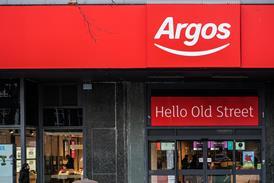




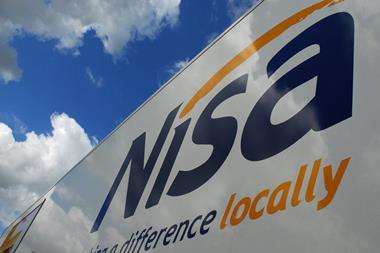
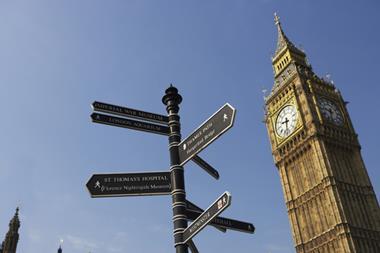
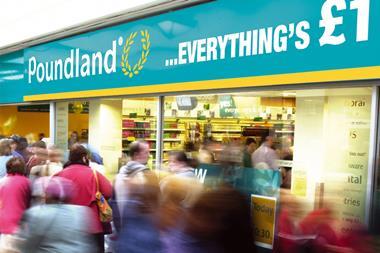
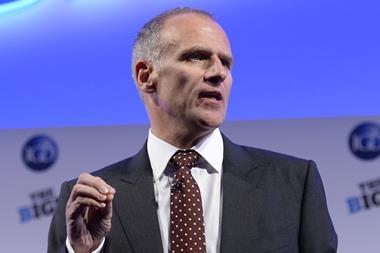
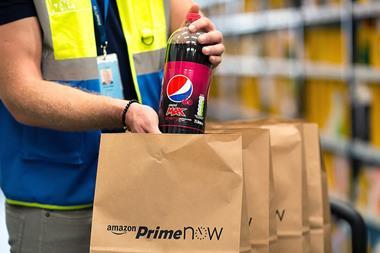
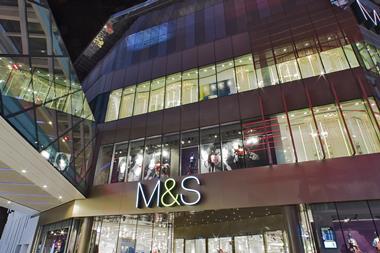






No comments yet